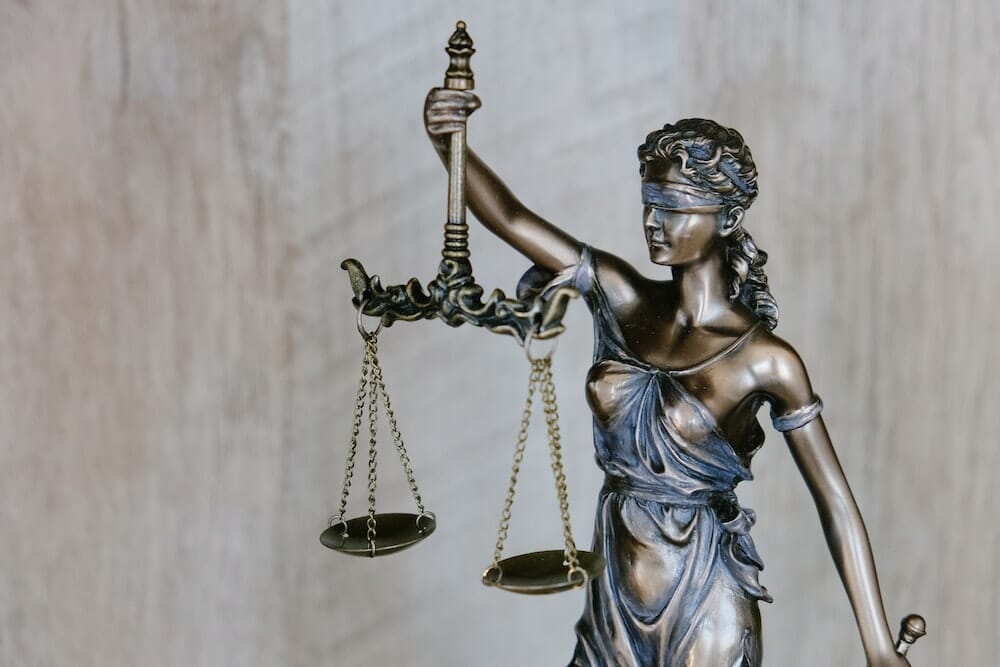Scraping Data on LinkedIn Legal? Understanding the Legal Implications
- Name
#legal#scraping

Scraping, also known as web scraping or data scraping, is the process of extracting data from websites. While it can be a useful tool for businesses and individuals, the legality of scraping is often called into question.
The Gray Area of Scraping
Scraping is in a gray area, with many actors around it. While the General Data Protection Regulation (GDPR) in Europe states that scraping is legal as long as the data is in the public domain, the information collected is stored securely, and the data is not used for commercial purposes without the explicit consent of the owners, the legality of scraping can vary depending on the specific situation and the website being scraped.
Website's Terms of Service
Many websites, such as LinkedIn, have specific terms of service that prohibit scraping without permission. It's important to always check the specific terms of service of the website you're scraping and to obtain explicit permission before proceeding with any scraping activities.
Laws Against Unauthorized Access
Additionally, there are laws in place, such as the Computer Fraud and Abuse Act in the United States, that prohibit unauthorized access to computer systems and networks. Scraping data from a website without permission could be considered a violation of this law.
Copyright Law
Furthermore, scraping can also be considered a violation of copyright law if the data being scraped is protected by copyright.
Impact on Website
It's also important to note that scraping can have a negative impact on the website being scraped, as it can overload servers and slow down the website for legitimate users.
Conclusion
In conclusion, scraping is not always illegal, but it can be if the website's terms of service prohibits it, or if it's done without permission. It's always best to obtain explicit permission before scraping any data, and to consult a lawyer if you're unsure about the legality of your scraping activities. It is important to be aware of the legal implications of scraping and to act accordingly to avoid any legal issues.